President Alan Jagoe looks at the crisis facing key farming sectors in Europe in this month’s regular column from CEJA – the European Council of Young Farmers.
MF: Which farming sectors are being hardest hit?
AJ: The situation is most dire in the dairy, pigmeat and fruit and vegetable sectors. Various factors have come together to push prices down due to the high amount of produce being supplied without the required demand levels to match. This has led to products flooding the market and to European farmers calling on national governments as well as the EU to address the issue and provide support to those farmers losing money. Many are already going out of business in particularly vulnerable areas and sectors, putting the future of European food security at risk.
MF: What are the contributing factors that have led up to this?
AJ: Among the issues are the end of EU dairy quotas in 2015 which led to an increase in production in some EU Member States. There was also a bigger-than-expected increase in dairy production in several third countries including the US and New Zealand. The drop in commodity prices and the unexpected slowdown of the Chinese economy have also had an impact. Similar reasons could be listed for the pigmeat and fruit and vegetable sectors.
MF: How has this affected young farmers?
AJ: Young famers have been hit particularly hard by this crisis as they are more vulnerable to shocks than others. Farmers in the first years of business are at their most fragile. They have to deal with high investments coupled with low returns, loan repayments, and no financial security to fall back on. This leads to a general trend of ‘last-in, first-out’ in terms of the farms we are losing from the sector. This is an even more worrying prospect in an already dangerous demographic situation in the sector. As a farming population with less than 7% of its farmers under the age of 35 and over one third over the age of 65, it is crucial that the EU does not lose any of the few young farmers it already has. CEJA stands in solidarity with other farm organisations and their attempts to obtain additional support for European farmers affected by the crises, but we are also attempting to focus on young farmer-targeted solutions to the challenges.
MF: What steps are being taken?
AJ: In a reaction to Member State requests for the European institutions to provide a response to the challenges, national agriculture ministries were asked to submit ideas for potential measures to alleviate the pressure on farms. These were discussed by all EU Agriculture Ministers as well as the European Commissioner for Agriculture, Phil Hogan at the Agriculture Council in Brussels on 14 March.
MF: What was the outcome of these discussions?
AJ: An agreement was made on exceptional measures to support European farmers in crisis, on top of the €500 million package adopted in September 2015. Some of the most important and immediate measures include giving the option for cooperatives and producer organisations to establish voluntary agreements on both the production and supply of dairy products, as well as a doubling of the intervention ceilings for skimmed milk powder and butter. There has also been a temporary increase in state aid, allowing Member States to provide a maximum of €15 000 per farmer per year. The pigmeat sector has also been targeted by these measures, including a potential introduction of a new scheme for private storage of pork products and the creation of a Meat Market Observatory (similar to the already-existing Milk Market Observatory, on which I sit myself). This will monitor the beef and pigmeat market and share valuable information on trends. For fruit and vegetables, the Commission is considering extending the exceptional measures already adopted for the sector until past the original end-date of 30 June 2016. The Commission is also looking to further boost promotion funds and programmes available for European farmers. It will examine the potential of export credits to enhance agricultural trade and step-up its relations with the European Investment Bank (EIB). This is in order to develop financial instruments which in the medium and long-term could assist farmers to invest in their enterprises and better withstand such market crises.
MF: What has CEJA been doing to support these moves?
AJ: Ahead of the Council meeting, CEJA sent out a strong press release across Europe. It implored European leaders to take swift and appropriate action to address the crisis, and to ensure they came to an agreement on measures which could make a serious difference to the situation. Considering the variety of exceptional measures adopted and the timeline of the agreement, CEJA welcomed the outcome of the meeting and is now monitoring the implementation of these measures.
MF: Is there anything else that can be done?
AJ: Yes! A lot more – particularly in the medium and long term to protect farmers from taking such big hits from a similar market situation in future. For me, I think the EIB is key to providing farmers, and especially young farmers, with increased opportunities for cash flow and loans with lower interest rates via new financial instruments. A great example of such a financial instrument is the MilkFlex Fund which has been implemented by Glanbia in Ireland. This fund will offer flexible and competitively-priced loans to milk suppliers with loan repayments which can vary according to movements in milk price, therefore providing farmers with cash-flow relief when most needed. CEJA sees this kind of innovative tool as vital to addressing the damaging effects of such price fluctuations and market turmoil in the future. However, for these financial instruments to be developed and put to use, there needs to be more engagement between the EIB, all three EU institutions, and all 28 Member States. CEJA itself is engaging with the EIB in an attempt to foster the development of such instruments, and I would also like to note the ongoing work of the Agri Markets Task Force, which is working on food supply chain and market issues – CEJA is keeping a close eye on developments here too. It is essential that we secure a better functioning food supply chain if farmers, and especially young farmers, are to be able to weather these storms in future.
If you would like to get in touch with Alan Jagoe, email allusers@ceja.eu
Go to: Massey Ferguson Global Facebook page
Go to: CEJA Young Farmers Facebook page




































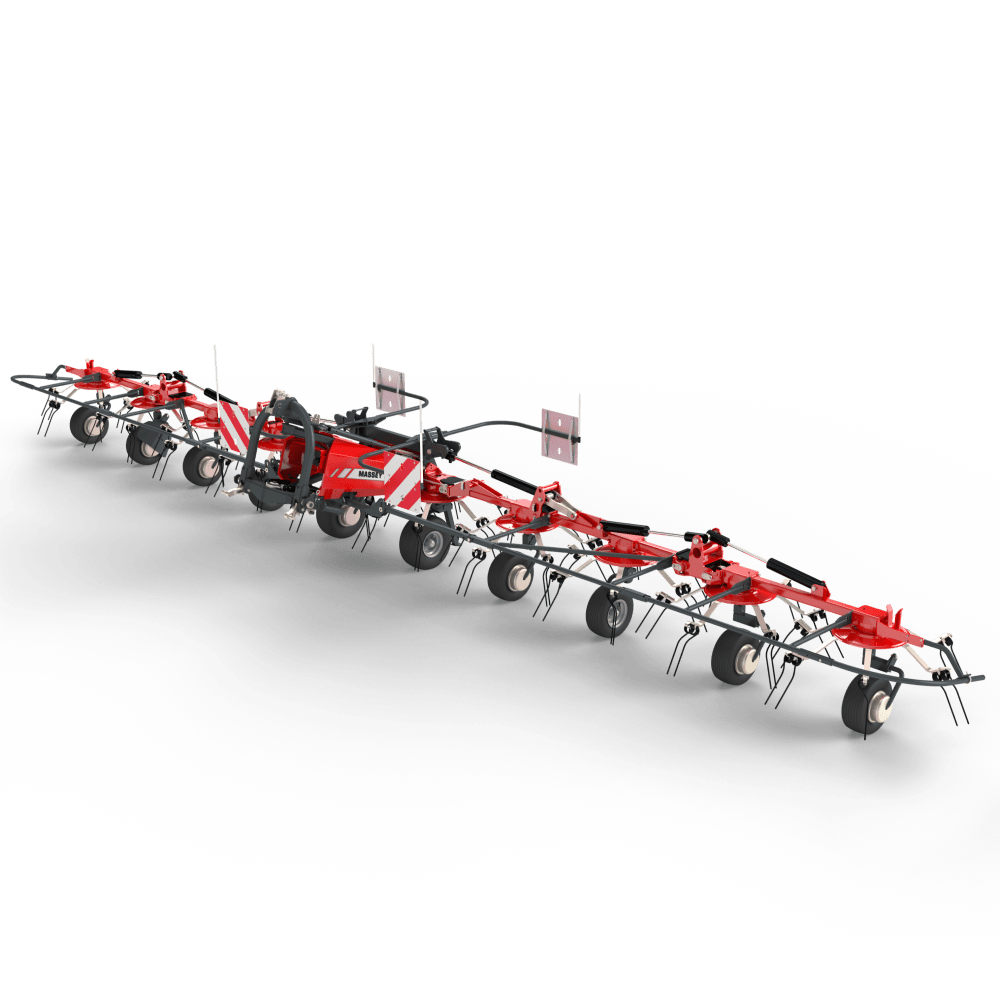




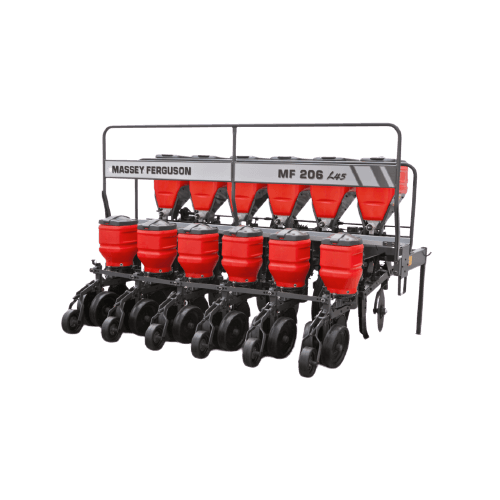

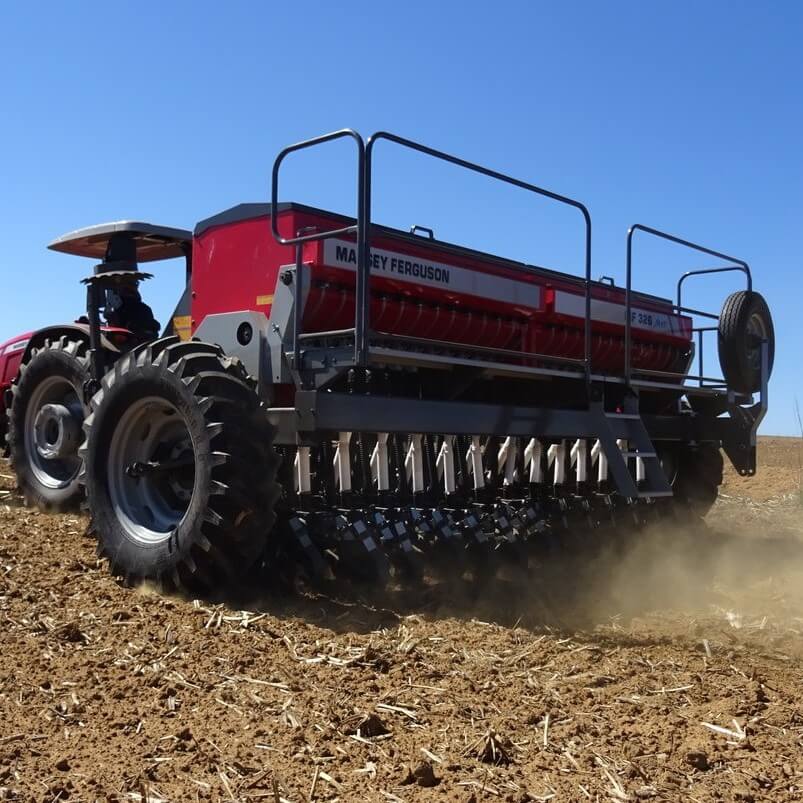
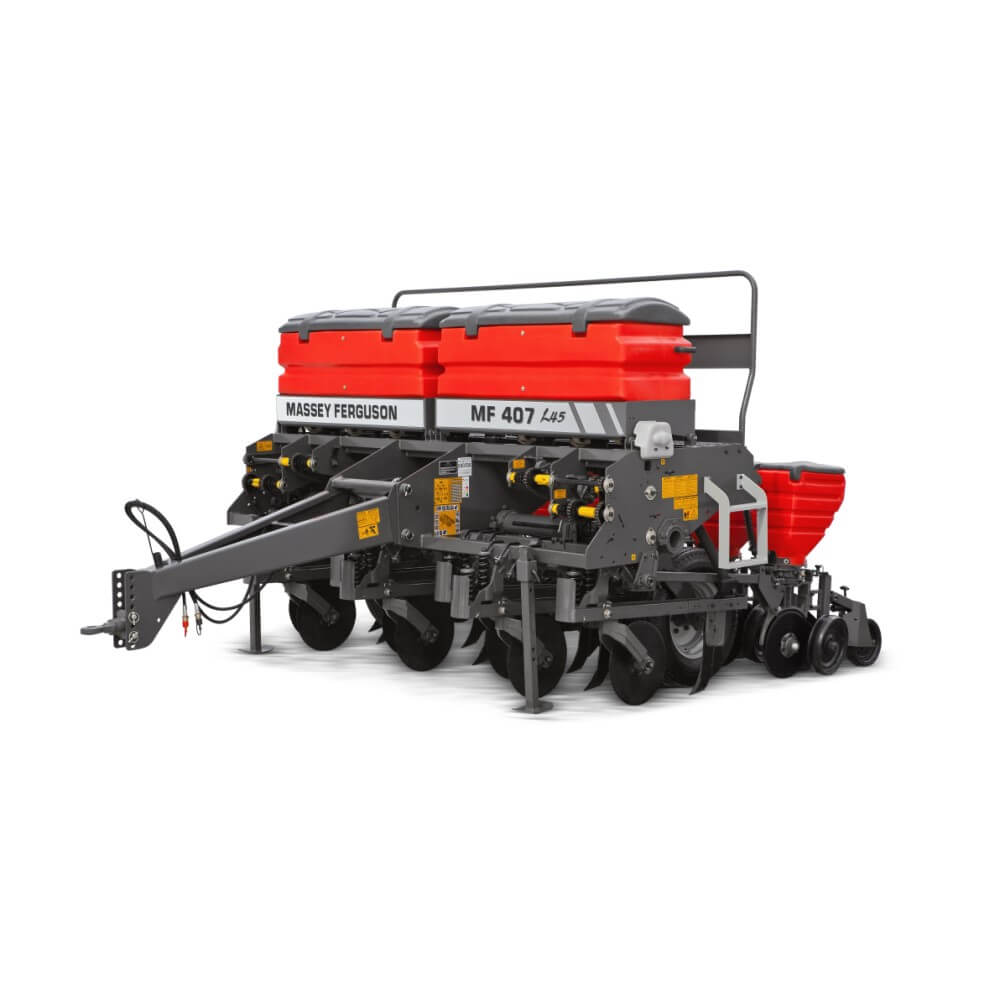
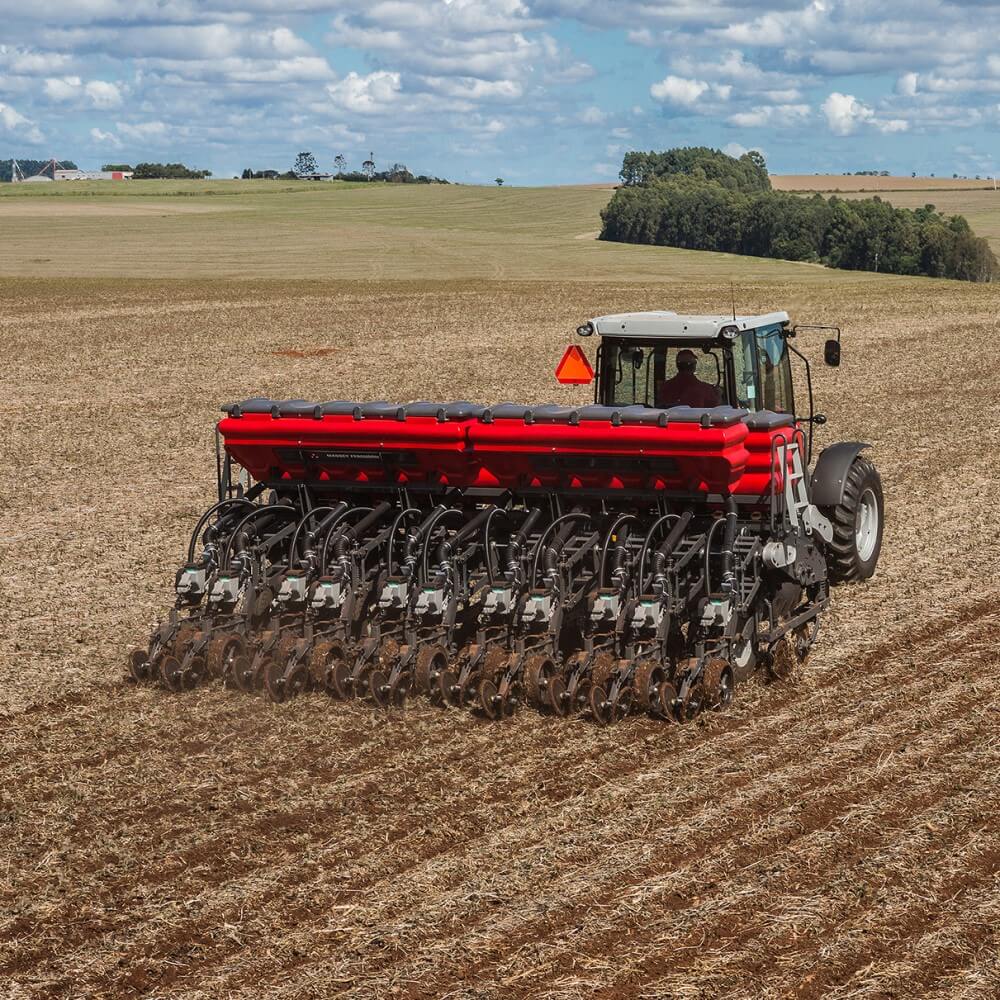
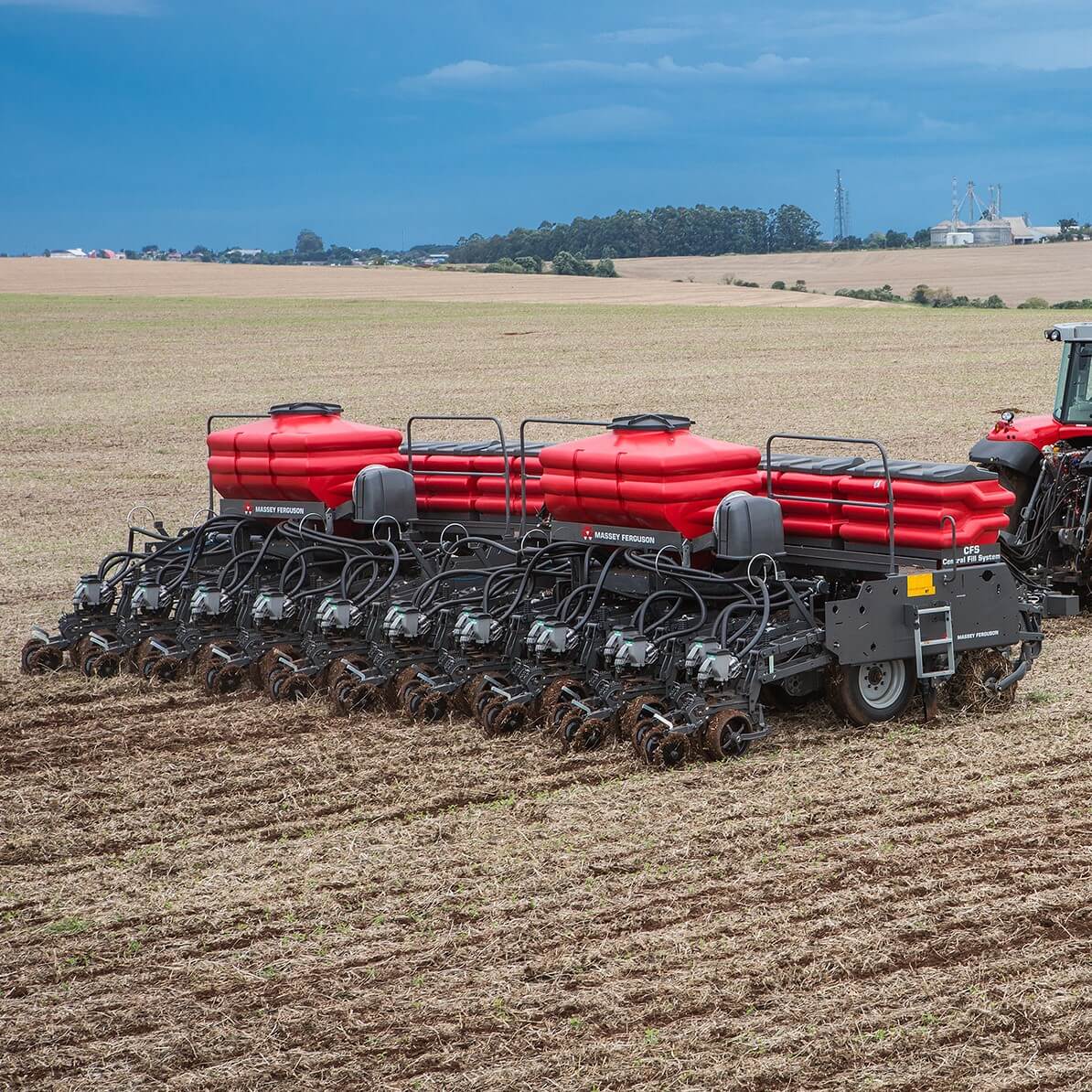
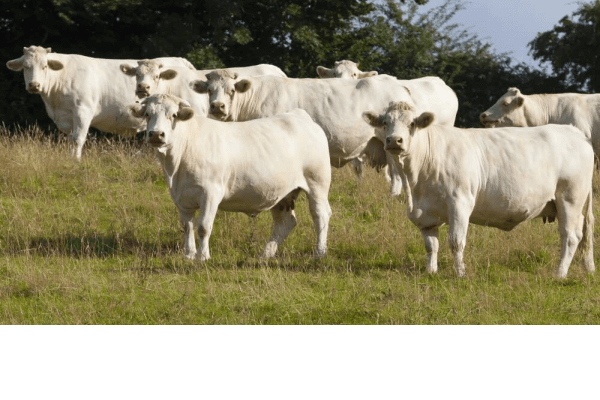



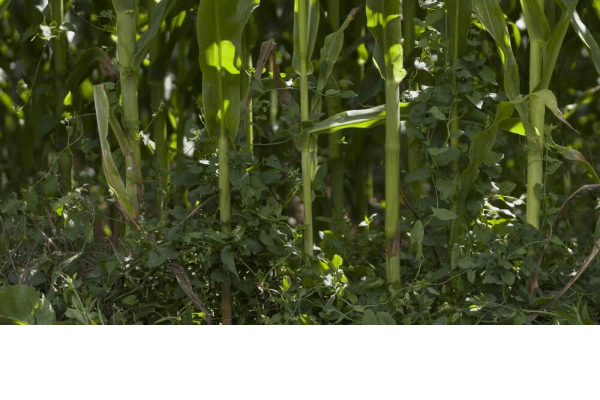

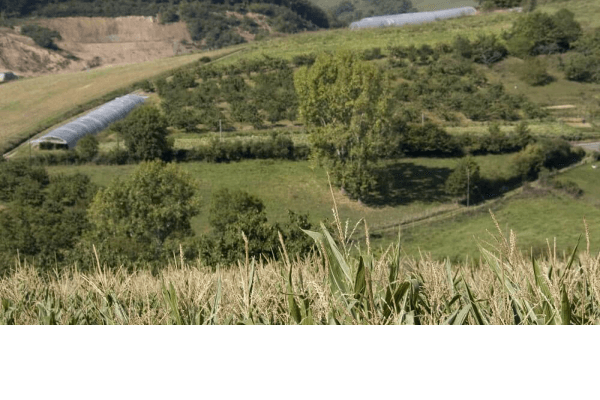





Share